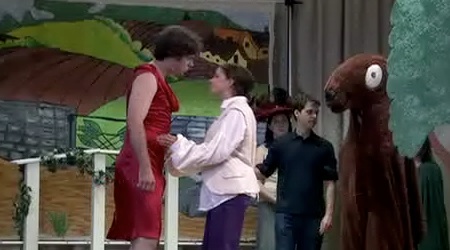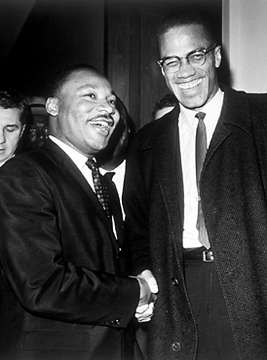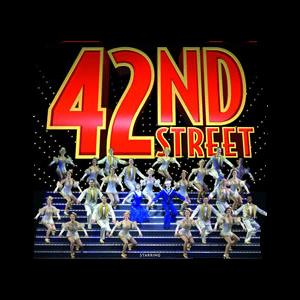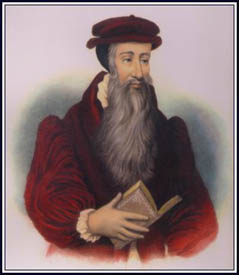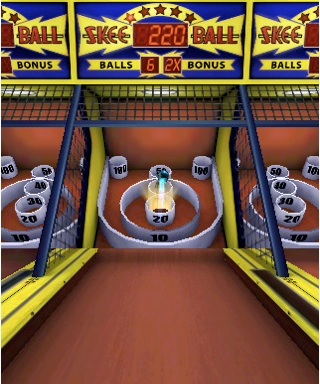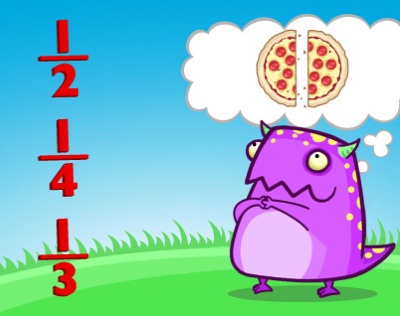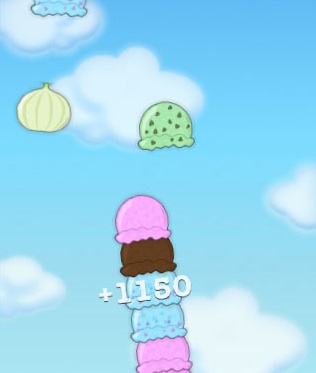Film: Waiting for “Superman”
Tuesday, October 12th, 2010Davis Guggenheim’s new documentary about the need for reform in the American school system is one of the most important films of the year and everyone should go see it. Although I have a number of significant problems with the movie (which – rest assured – will be inventoried below), I think there are a lot of dark truths that Guggenheim brings to light, and even if we don’t all agree on what the solutions are, we can agree on what’s at stake in getting it right.
Waiting for “Superman” follows the journey of five students, and their individual quests to improve their educational opportunities. I’d say the movie gets about 75% of it right: the system is failing these students, and millions like them. But while it might make a good movie narrative to divide the issue into good guys (charter schools) and bad guys (teachers unions), the real issues surrounding education in this country are much more complicated than Guggenheim suggests.
I came out of the movie disappointed about many of the factual inaccuracies and glaring omissions that Guggenheim uses to make his case, but I found that these were well addressed by this piece in the Washington Post. Even better is this excellent article in The Nation, which digs much deeper into the issues surrounding the debate. I strongly recommend these two articles, as they cover a lot of ground that I consequently won’t need to cover.
I do believe that Guggenheim is sincere in his desire to reform education, and that’s important to say, because many participants in this discussion are not. Their goal is to end taxpayer-funded education entirely, and they tend to support measures that move the nation closer to this ultimate goal. The problem with this is that the free market will do an excellent job of educating some of our students, while a great number of children in this country will be starkly left behind. So I’m on my guard when I hear arguments about how charter schools have solved all of the problems faced by public education. But despite some of the darker connections behind Waiting for “Superman”, I do believe that the filmmaker is earnest and I can counter his points secure in the belief that we share the common goal of educating all of our students.
Not only does Guggenheim omit important details, but he often doesn’t even draw the correct conclusions from the evidence actually presented in the movie. What was most striking to me was how powerfully the film showed how the lack of economic opportunities for parents in these inner-city communities directly impacts the education of their children. That alone was worth the price of the surprisingly expensive ticket. But then, we’re told that “many experts” (who?) now believe that failing schools are responsible for failing communities, not the other way around.
Each of the five children depicted has a parent or guardian who is hell-bent on making sure the child has the best education possible. They enter their children into a lottery for the local high-performing charter schools. Presumably, all of the children in the lottery have similarly committed parents. That makes for a pretty good head start for the charter school. Public schools tend to have a more varied range of parent commitment. Also, did you notice how few students are accepted each year? What does that do for class size? And I have to mention, even though it’s well covered in the articles linked above, the large amounts of private funding that the high-performing charter schools depicted in the movie enjoy.
So yes, the charter schools in the film are doing very well, and that’s great news for the students who attend them. But if, as it is admitted in the movie, only one in five charter schools are showing results, that’s a dismal record indeed. And despite the emotionally manipulative scenes where each student’s “fate” was decided by random lottery, I felt myself more concerned for the students who were never in the lottery.
So perhaps the real lesson we can learn from the successful charter schools is that, if the school has a clear and progressive vision, then increased funding can actually make a difference in student achievement. And if we take a closer look at what Geoffrey Canada is really doing for the students in the Harlem Children’s Zone, we might realize that student achievement isn’t only impacted within the school building. He may have even created a microcosm of the society we would have if we could make the connection between our nation’s social fabric and the way our children are educated.
But “firing all the bad teachers” is a much more digestible solution.
And yes, there are bad teachers, and I agree that it should be easier to get rid of them. But in truth, this represents a very small part of the problem, and blaming teachers unions for the decline in educational quality is seriously misguided. Teachers unions have been and should be a partner in education reform, but they also have the task of protecting the rights of their members. Teachers have the same rights to collective bargaining as any other labor force in the country. To frame the issue as children vs. adults is a dangerous distraction, especially when our goal should be to attract the very best people to the profession, and retain them once they’re in. The movie makes the point that great schools start with great teachers. I agree! So let’s make teaching the most desirable profession in America. You can read more about teacher recruitment and retention issues in this Washington Post article. Because once we’ve fired all the bad teachers, who will we get to replace them?
By the way, nobody is actually waiting for Superman to come and save our children. It’s a classic rhetorical trick to frame the sides of the debate as the people who agree with the solutions provided and the people who would rather do nothing. But smart and passionate people are already implementing solutions within public education that resonate with the solutions presented by Guggenheim. Here in New York City, we’ve increased educational accountability enormously, and with the cooperation of the teachers union. Nationally, we’re moving towards Common Core Standards for student achievement. We’re not there yet, not by a longshot, but nobody in the system is complacent about that.
Still, despite all the movie gets wrong, it should be praised for shining a spotlight on issues that have been festering in the darkness. This movie has the potential to spark a national conversation about the problems in American education, and how we can best address them. If it does that, despite the film’s flaws, its ultimate effect will be a net positive. If it does that, it will be my very favorite of all of the Superman films.
UPDATE: An anagram review.
